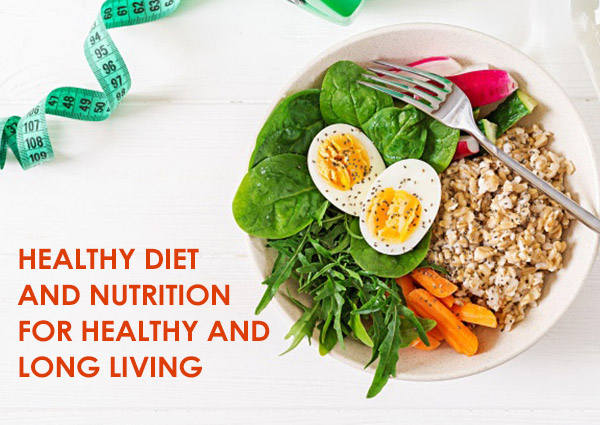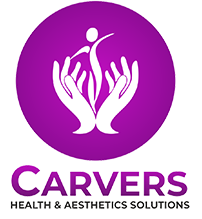HEALTHY DIET AND NUTRITION FOR HEALTHY AND LONG LIVING

HEALTHY DIET AND NUTRITION FOR HEALTHY AND LONG LIVING
In the following article we’ll mention a crucial topic that’s “HEALTHY DIET AND NUTRITION FOR HEALTHY AND LONG LIVING” now let’s discuss about it in much more details within the article:
Healthy diet and healthy eating is all about getting the balance right, with the correct food and fluid. If an individual’s diet doesn’t meet their needs eventually they’ll become unwell. Every person needs to have a balanced, healthy diet as it provides the energy and nutrients required to survive and stay healthy. Combining a healthy diet with a lively and active lifestyle has huge benefits. Healthy eating should be long-term measure that emphasise on enjoying more of the foods that protect and nourish the body by choosing a variety of foods. We need to remember that there are no healthy or unhealthy foods – just healthy or unhealthy diets.
On the basis of nutritional composition, food can be classified as:
- Macronutrients – protein, fats and carbohydrates – provide energy and are essential for growth and maintenance;
- Micronutrients – minerals, vitamins, trace elements – are actually needed in very small amounts yet are essential for growth as well as development;
A Guideline for framing a Healthy Diet is as follows:
1) Water: 60-70% of our body comprises of water so it holds a major part of our diet. Drinking 10-12 glasses of plain water is usually recommended to replenish the body’s essential fluid requirements.
2) Carbohydrates: Foods such as rice, pasta, bread, cereals and potatoes should form the basis of each meal as they are a good source of energy and provide a range of nutrients. People should be encouraged to eat the wholegrain variety as it will significantly improve the intake of fibres needed for gut motion and other health reasons.
3) Fat: Fats too are essential in our diet but then the right choice of fats has to be made. Excess of fats is bad for our health but then limiting the fat has to be in a correct way so that the intake of good for health fats like essential fatty acids (Omega 3 fat found in oily fish) and fat soluble vitamins is not compromised. Restrict the use of butter, fat on meat and trans-fats or hydrogenated fats found in processed foods like cakes and pastries as these can raise cholesterol and increase risk of heart disease. Choose to cook your food in oils of sunflower, soya, sesame, corn, olive or rapeseed.
4) Proteins: the building blocks of our body can be obtained from food sources like skimmed milk and its products, animal food like egg, lean meat and fish, pulses and legumes.
5) Fruits and vegetables: It is recommended to have 5 servings of fruits and vegetables each day. A single portion (80g) may include:
- One apple, banana, orange or other similar-sized fruit;
- Two plums or similar-sized fruit;
- Three heaped tablespoons of coloured vegetables;
- Three heaped tablespoons of leafy greens;
- A 150ml glass of fruit juice.
6) Salt: a diet with optimum levels of salt is an important factor to watch out as a diet with high salt intake may graduate to some chronic health ailments like hypertension. Salt in the diet mainly comes from the salt added during cooking and at the table, but a major portion can also come from salt hidden in foods that we purchase. So do look at the food labels.
7) Alcohol: Some health experts advocate that alcohol in small quantities can actually have a beneficial effect on health. The current guidelines are that ladies or women can drink up to 2-3 units of alcohol a day and men up to 3-4 units in a day. Ideally these units should be spread throughout the week, with one or two alcohol-free days each week. But the excess of anything is bad and same goes with alcohol as it is high in calories and so can contribute to excess weight gain. Heavy drinking over a long period of time may result in liver damage and increases the danger of high blood pressure, which is linked to coronary heart disease. Alcohol is also a diuretic.
Cutting out on any of the food groups from the diet whether for weight loss or unproven food intolerance can result in serious health implications (and may lead to nutrient deficiency) and should not be undertaken without adequate medical and dietetic supervision.
The above healthy eating advice is aimed toward adults who are well – children, older people, people who are ill or have specific dietary needs (such as pregnant women) will have different dietary requirements and also the general healthy eating principles may not actually apply. Contact our dietetic professionals for an individualized food plan.
